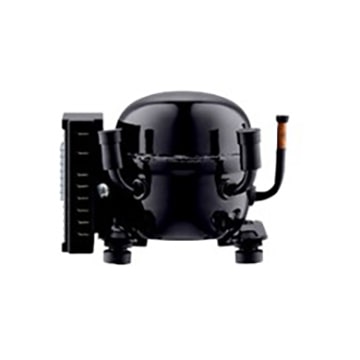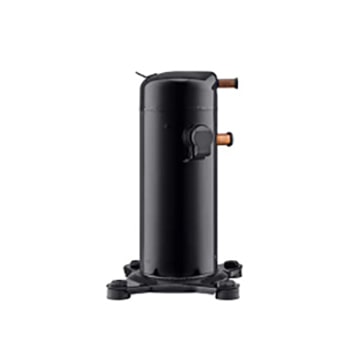Storage
Cold chain storage facilities are the key to cold chain management. It is of prime importance to take care that the shipment is not exposed to extreme temperatures, and refrigerators should be sanitized to eliminate the risk of microbial contamination. The storage facility should also maintain the temperature and humidity till the products reach the supplier.
Temperature monitoring
The cold chain process needs consistent temperature monitoring. This is especially important for pharmaceuticals since rotten medication can lose effectiveness and pose the danger of affecting somebody’s health. For this reason, data loggers are necessary to record shipment temperatures and humidity levels.
Packaging
Packaging is the most crucial task in cold chain management as the shipments are transported. Temperature-controlled packaging is one of the key elements to ship perishable items. Packaging should allow consistent airflow and regulated temperature to prevent the items from spoiling.
Logistics
Smooth transportation of the perishable items in cold storage is important. Temperature-sensitive goods and products are moved around the world and poor logistics can greatly affect the quality or potency of items being shipped. Specialized cold chain vehicles such as refrigerated containers or storage compartments that keep the temperature constant are crucial for a cold chain.
Custom clearance
Custom clearance is the key foundation of international trade and supply chains but the most challenging part too. The longer an item stays stuck in customs, the higher the chances of getting spoiled and losing its efficacy and freshness. Hence, custom clearance is as important as storage equipment and packaging.







